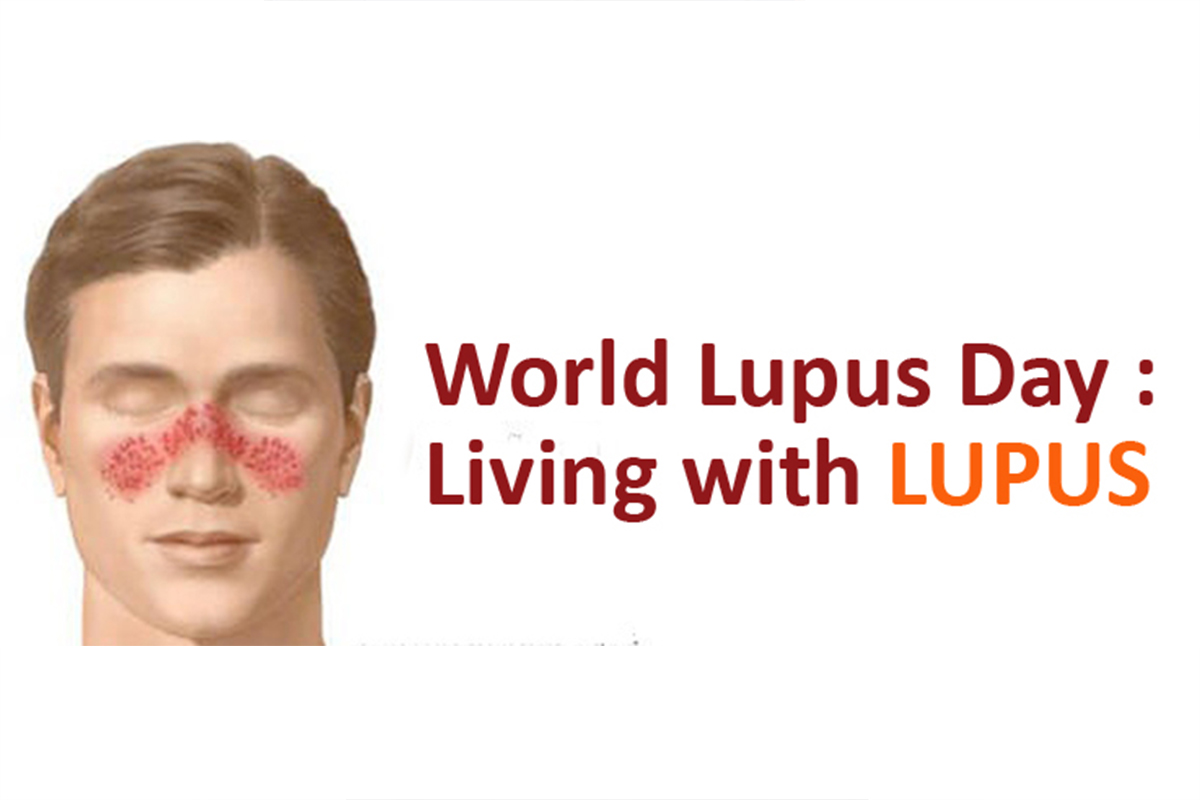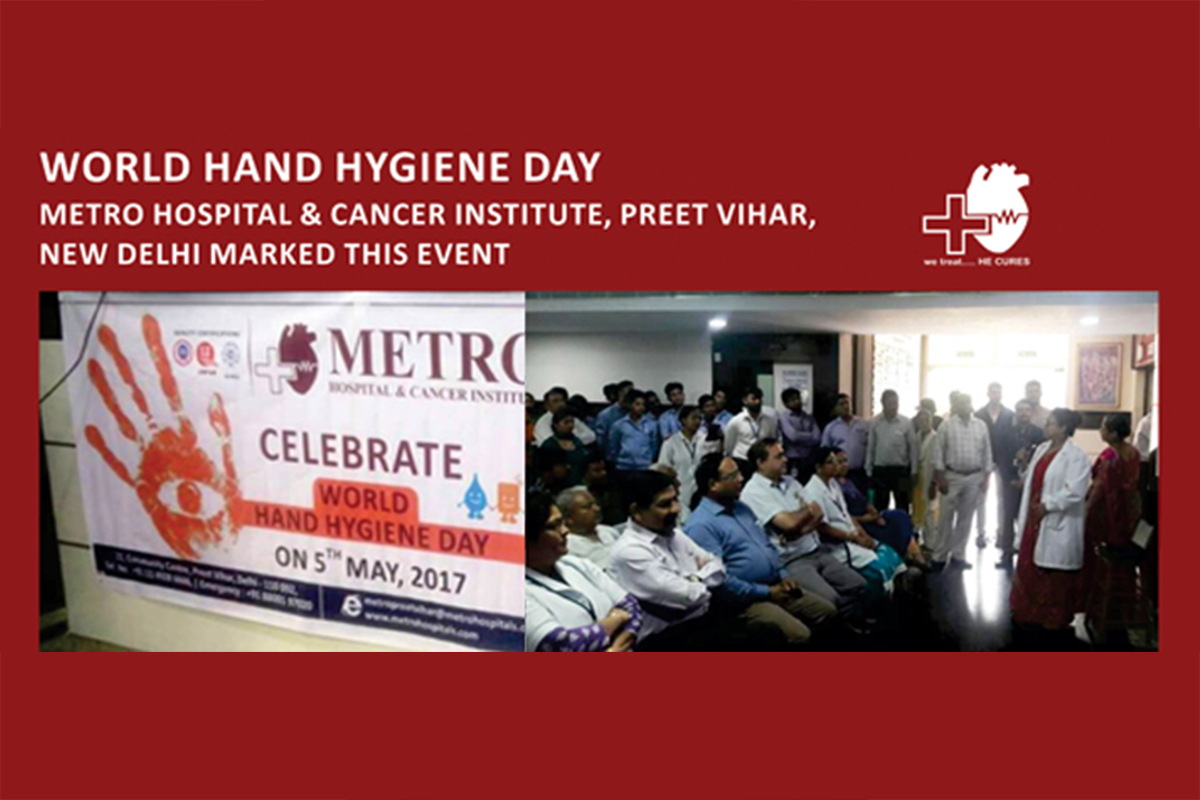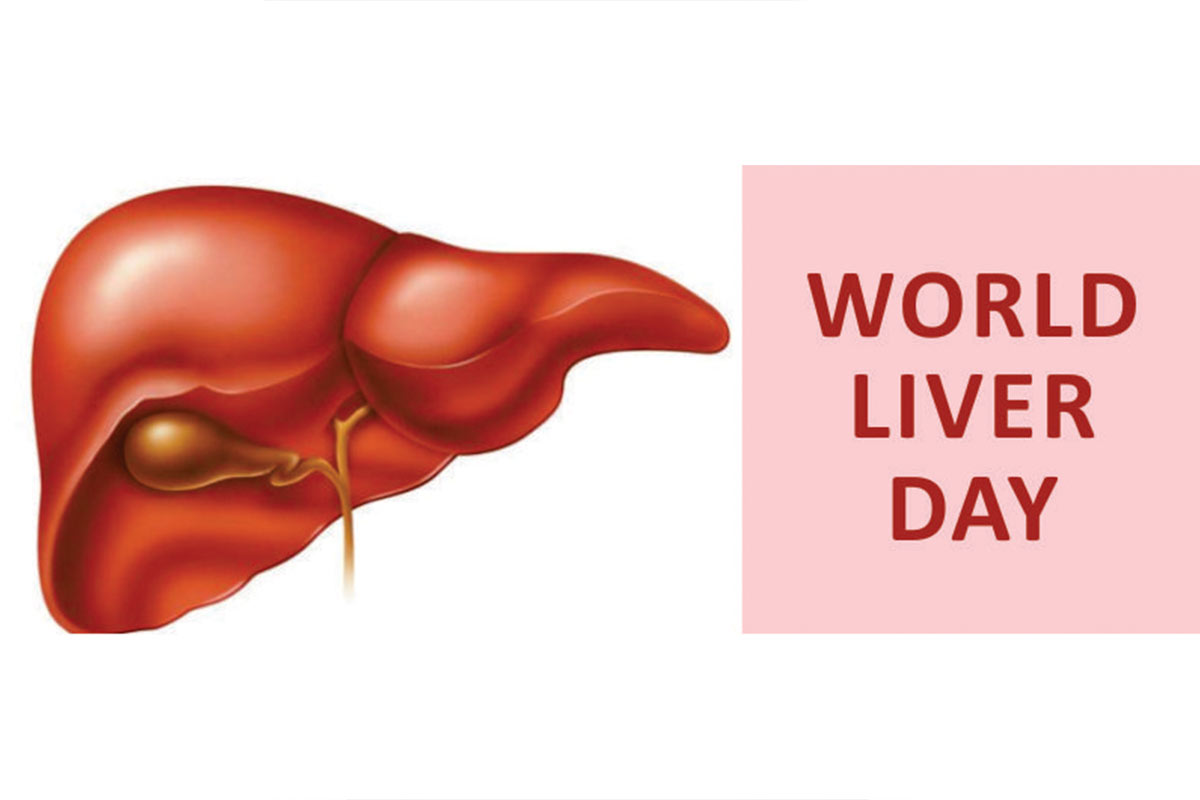
World Malaria Day : Know about Malaria and Save yourself from Malaria
By Dr. Saibal Chakravorty in Internal Medicine
Apr 25, 2017
Malaria kills a child every minute! Read this article on World Malaria Day to know more about malaria and join the fight against the endemic disease.
World Malaria day is observed every year on 25 April to spread awareness about Malaria. It is an occasion to draw attention towards the need for continuous investment and constant political commitment for the prevention and control of malaria.
Malaria remains both a chief cause and an outcome of global poverty and inequality. Its burden is greatest in the least developed areas and among the poorest members of society. Many of those at the highest risk, especially children and pregnant women are still deprived of life-saving prevention, diagnosis and treatment they immediately need.
Background
Malaria is a serious disease caused by a parasite called Plasmodium. Plasmodium completes its life cycle in two hosts; mosquitoes and humans. When an infected mosquito bites a human being, he gets infected. Although, Malaria is a major cause of death worldwide, it is mostly a problem in developing countries with warm climates. Travelling to these countries can increase your risk of getting infected by the parasite.
Malaria symptoms include:
- Chills
- flu-like symptoms
- fever
- vomiting
- diarrhea
- jaundice
Diagnosis is performed by carrying out a blood test in which the Malaria parasites are identified by examining patient’s blood under microscope.
Malaria is an entirely preventable and treatable disease. The type of drugs to be used for treatment depends on which kind of malaria you have and the place where you were infected.
Malaria is widespread in tropical and subtropical regions around the equator, including much part of Sub-Saharan Africa and Asia. In India, it occurs throughout the year across the country. However, it is more rampant during and after the rainy season owed to mosquito breeding.
According to World Health Organization (WHO), 77% of the total malaria cases in Southeast Asia are from India. The disease is mainly prevalent in the states of Chhattisgarh, Southern Madhya Pradesh, Odisha, Rajasthan, Jharkhand, Gujarat, Karnataka, and Goa and in northeastern states.
2017 Theme: End Malaria For Good
World Malaria Day is an opportunity to highlight the global effort to control malaria. This year’s theme is “End malaria for good” which generates the idea of a malaria-free world set out in the “Global technical strategy for malaria 2016-2030”. In May 2015, the World Health Assembly adopted the strategy which aims to significantly lower the worldwide malaria burden over the next 15 years.
Although, ending malaria for good is a steadfast target, it is also achievable. WHO remains dedicated to working with member countries and partner organizations to battle against the intimidating disease and to elevate its burden from the South-East Asia Region.
We can be the generation that ends malaria, one of the oldest and deadliest diseases on the earth. We must end malaria for good. We must upgrade and uphold region-wide anti-malaria efforts.
“Malaria is a preventable and treatable disease. Every citizen of India must join government in Global Malaria Program to reduce the burden of the disease in the community. Prevention approach such as insect site spraying, use of mosquito nets, preventive medicine and other innovative tools must be taught at the school level. Let’s pledge to make India Malaria Free by 2030”, says Dr. S Chakravorty, Senior Consultant – Internal Medicine, Metro Hospitals & Heart Institute, Noida







